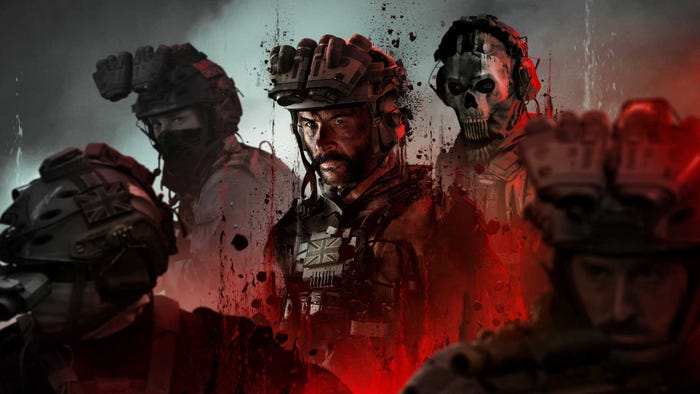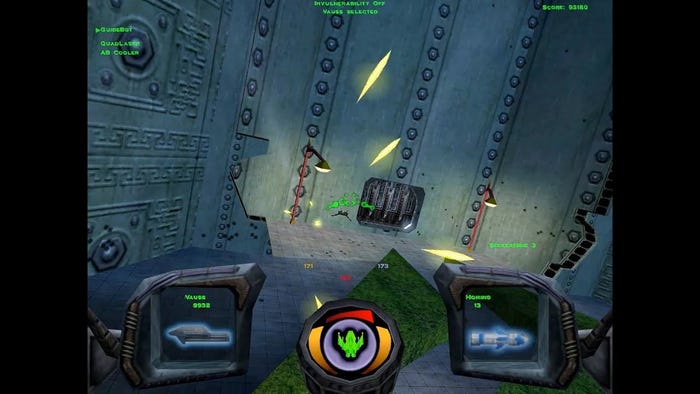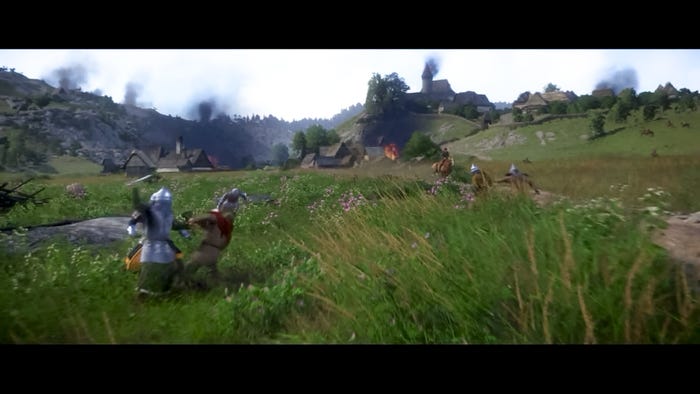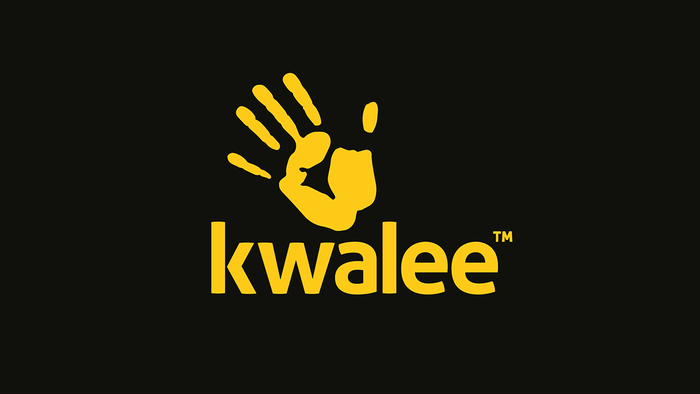
Featured Blog | This community-written post highlights the best of what the game industry has to offer. Read more like it on the Game Developer Blogs.
Raptr CEO Dennis Fong examines the concept of Community as a Service, where the real key to a successful game is a successful online community. Dennis points to League of Legends, Team Fortress 2 and EVE Online as examples of thriving communities.

Dennis Fong is CEO of Raptr, the leading community for gamers with over 17 million members.
Over the past several years, we've seen game publishers embrace the idea of "Games as a Service," which often means a mix of always-on, microtransactions, premium currency, regular content updates, and above all, deep player-behavior metrics. But the problem with GaaS is that many publishers using this model devote far too much effort to maximizing short-term gains at the expense of building for long-term success.
Players are smart. They know when they're being nickel and dimed, and if their time and money isn’t rewarded, they won’t stick around. But here’s something less immediately apparent: What’s good for the player is often good for business, and the way we at Raptr see it, the real key to a successful game is a successful online community. Call it Community as a Service.
There's a better way
Take a look at some of today's most popular online games. Titles like League of Legends, Team Fortress 2, and even relatively cult hits like EVE Online have achieved incredible success not by squeezing money from their players, but by giving their communities the tools they need to thrive.
League of Legends, for instance, didn't become a huge success and eSports phenomenon thanks only to its free-to-play business model. Developer Riot Games funded seasonal tournaments showcasing the game's top competitors, giving users incentive to keep playing League of Legends at a competitive level. And it supported the LoL community with features like the Tribunal (a player-run disciplinary system) and spectator mode.
Those events and features may seem designed to drive player engagement and build goodwill, but they also drive the bottom line. Raptr's own case studies reveal that League of Legends is growing an average of 7.6% each month thanks in part to the game's ongoing community support, and after major eSports events new player sign-ups jump about 10%.
Team Fortress 2 is another great example of a game that treats its community right, and it's obviously paid off, as the game is still going strong five years after launch. Valve's kept the game alive and fresh with constant updates over the years, and players have even had the opportunity to make their own items and maps for the game via the popular Steam Workshop.
Looking at the Steam Workshop in particular, we've found that when players can create their own content and give back to a game they love, players will stick around longer, play more often, and remain more loyal to their favorite games. When Team Fortress 2 added support for the Steam Workshop in 2011, the game saw a a 271% increase in daily active users -- making the game's post-free-to-play numbers all the more impressive.
And then there’s EVE Online creator CCP, which found success by making community a core part of its game's design. EVE relies on its users to create their own narrative of galactic intrigue, and with amazing results -- I haven’t even played the game, yet I’ve read multiple fascinating accounts of player-driven espionage and game-world-wide wars. CCP even consults a community-elected group of players, the Council of Stellar Management, on design plans and player issues. CCP knows that its players are the lifeblood of EVE Online's success, and the studio understands that it needs to keep those players happy if it wants EVE Online to continue.
In fact, that's the single largest takeaway from all the above examples. The games I've pointed out aren't hosting live events, enabling user-generated content, or otherwise giving back to their communities as a form of charity; these services are actually core components of their success. If you're looking to build a game with a healthy, ongoing, and supportive player base, community services aren't just nice to have; they're a must have for your business.
Shifting from commodity to community
By all accounts, social interactivity is going to become even more important in this next console generation, so community-building is going to be vital if you want to build a game for long-term success.
When you have a strong and active community, your players will stay engaged longer, play your games more often, and stay more loyal to your brands. And when you give them legitimate reasons to keep playing your games, they'll be even more willing to spend money, because there’s real value in doing so. Put your players first -- a service-oriented development philosophy can't succeed unless community-building remains the most important part of that formula.
Of course, not every studio will have the resources to imitate industry giants like Riot or Valve, but that's really no excuse to ignore community-building altogether. Without nurturing the community, developers can doom themselves to mediocrity or outright failure, so they should do everything they can to support their users.
Luckily, today's players already engage with games in an ever-increasing number of ways, and studios have access to a variety of different tools to enable players to share experiences and milestones.
Developers can drive live streaming and video sharing via services like Twitch and YouTube with in-game tools and/or contests and other events, and also as a direct communication method with their communities. Raptr’s own data shows that when players have access to video content they can consume outside of a game, they're far more likely to stay engaged.
Other players, meanwhile, might want to have a better look into your design process, and we've found that developer Q&As are a great way to keep players interested and loyal to a given brand. We've hosted a number of these Q&As over at Raptr, and several developers have turned to Reddit to host their own AMA events, so it's easy for studios of any size to maintain that sort of direct dialogue with their audience.
Of course, other studios might choose to give their players mod tools for creating user-generated content, or perhaps reward their loyal players with in-game incentives. Regardless, there are countless ways to build a mutually beneficial relationship with your community, and when you get it right, everyone wins.
The age of community
We're moving into an era where the community is the most vital aspect of running an online service -- especially when it comes to games. We're already crowdsourcing funding on Kickstarter, and games are quickly becoming more social by the day -- do we need much more proof that this stuff matters?
With that in mind, game creators need to do everything they can to embrace community as a core pillar of the game-making process. Developers should think about increasing communication, encouraging user participation, and rewarding the players who support their games. Whether you build, buy, or rent your own tools, you and your studio need to think about leveraging community as a service.
In the years and months ahead, the industry needs to consider not just the games it's producing, but the people playing them. For those of you making service-based games, remember: Don't milk your players for cash today; start building a community for tomorrow
Read more about:
Featured BlogsAbout the Author(s)
You May Also Like








